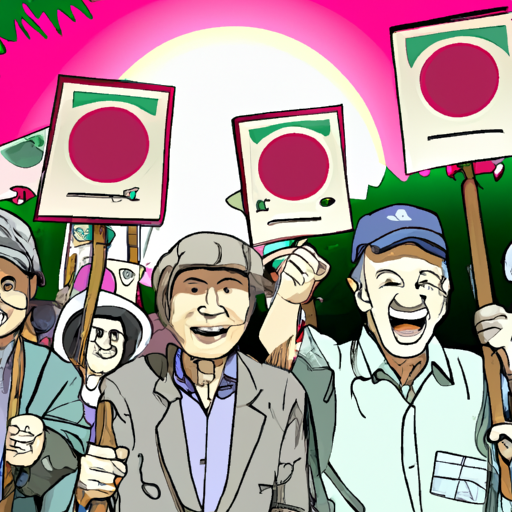Japan's traditional political parties are grappling with the issue of an increasingly aged core support base. As the supporter demographic skews older, these parties are forced to rethink their strategies and agendas to maintain relevance and survive in the modern political landscape.
In Japan, people place great importance on longevity and respect for the elderly. However, with the country having the world's fastest aging society, the political parties are dealing with the strain of representing an increasingly elderly constituency. It forces them to navigate complex issues such as pension reform, healthcare and tax implications, on top of their standard political responsibilities.
In the US or EU, voter demographics are more balanced in age distribution. Aging demographics are a concern, but it is not as pronounced or immediate as it is in Japan. Political parties in these regions have more flexibility in their campaign strategies and policy platforms to appeal to a broader range of age groups.

